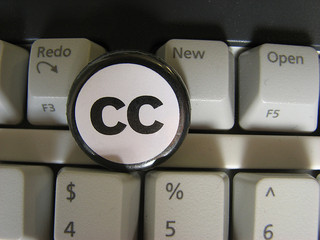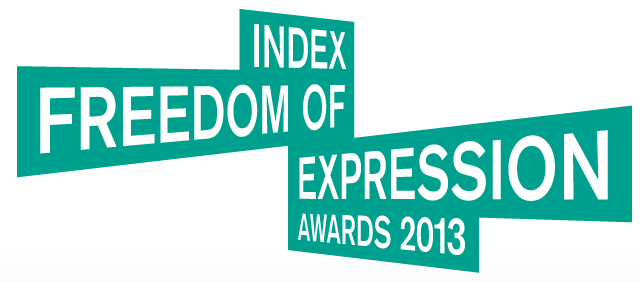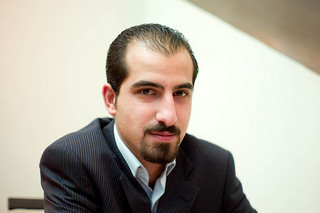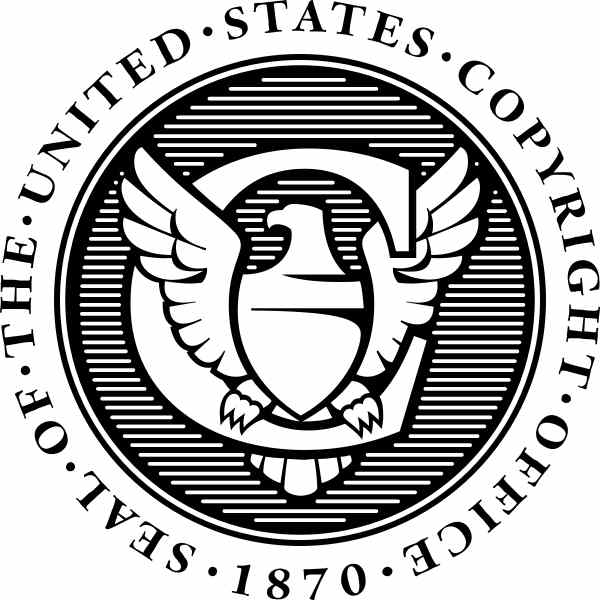CC Global Summit 2013 – Call for Papers
jeudi 4 avril 2013 à 01:23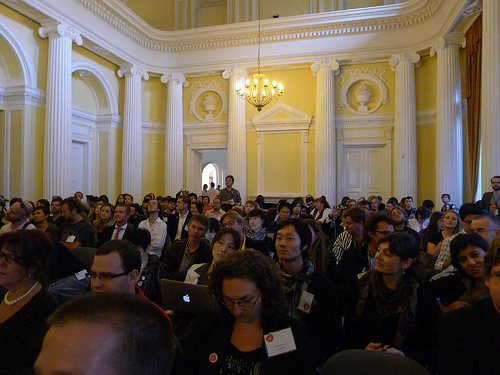
Listening to Larry’s Keynote [at the Global Summit 2011] / Chiaki Hayashi / CC BY NC SA
We are proud to officially launch the call for papers for CC’s Global Summit 2013.
The Global Summit is Creative Commons’ biannual gathering of CC friends and family. In 2013 it will be held from 21-24 August in Buenos Aires, co-hosted by our local Creative Commons affiliates, Fundación Vía Libre and Wikimedia Argentina.
Attendees to the Summit will discuss strategies to strengthen Creative Commons and its worldwide community, learn about the latest developments in the commons movement worldwide, and showcase local and international projects that use Creative Commons licenses. It’s a great place to meet and present your ideas to the broader Creative Commons and open community. Most importantly, this will be our first ever Summit with a dedicated Spanish-language program.
We encourage anyone with something interesting to say about the present and future of the commons to apply. A Programming Committee consisting of members of the CC community will make the final decision on the program.
You have until 24 May to submit a session for the Summit. Submission forms and a more detailed explanation of the process can be found on our Global Summit wiki.
__________________________________________________________________________
Estamos orgullosos de lanzar oficialmente la convocatoria a charlas para la Cumbre Mundial de Creative Commons de 2013.
La Cumbre Mundial es la reunión de bianual de la comunidad de Creative Commons. En 2013 se llevará a cabo del 21 a 24 de agosto en Buenos Aires, co-organizado por nuestros afiliados locales de Creative Commons, Fundación Vía Libre y Wikimedia Argentina.
Los asistentes a la cumbre discutirán las estrategias para fortalecer Creative Commons y su comunidad en todo el mundo, aprender sobre los últimos acontecimientos en el movimiento mundial de bienes comunes, y mostrar los proyectos locales e internacionales que utilizan las licencias Creative Commons. Es un lugar ideal para reunirse y presentar sus ideas a la comunidad más amplia de Creative Commons. Más importante aún, esta será nuestra primera Cumbre con un apartado en español en el programa.
Animamos a aplicar a cualquier persona que tenga algo interesante para decir sobre el presente y el futuro de los bienes comunes. Un comité de programación integrado por miembros de la comunidad de Creative Commons tomará la decisión final sobre el diseño del programa.
La fecha límite para la presentación de sesiones y charlas es el 24 de mayo. En nuestro wiki se puede encontrar información más detallada sobre el proceso y formas de presentación, así como un espacio abierto a propuestas para la Cumbre.
